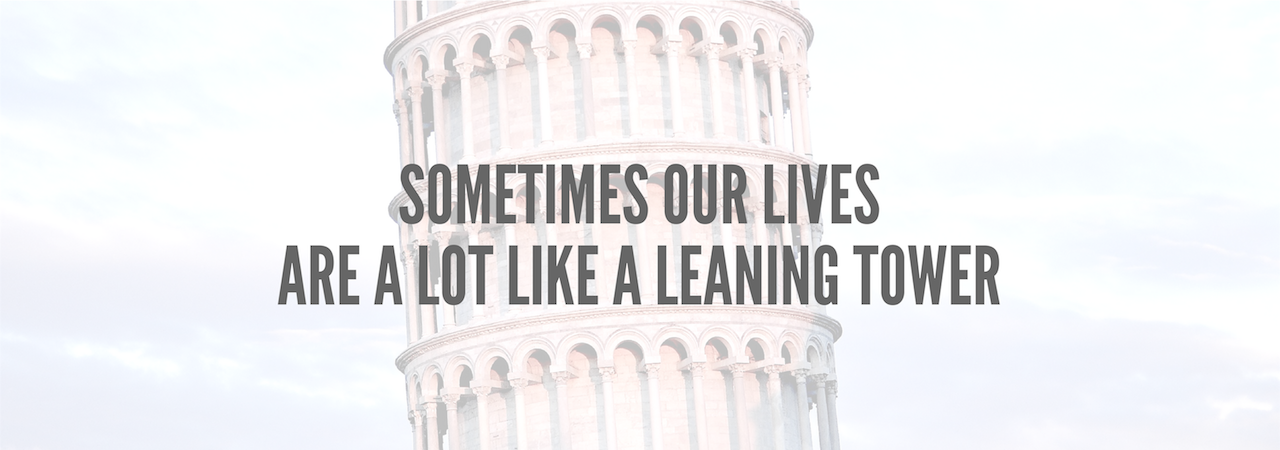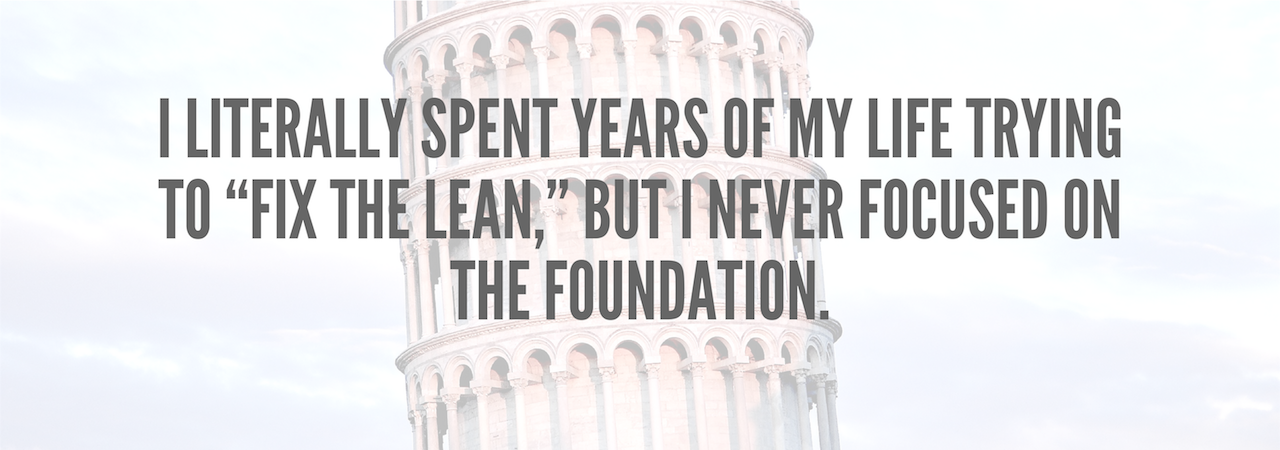ABOUT TRUTH
/Truth is quite popular these days. Actually, it isn’t, but we like to think it is. At least the notion of truth based on how we feel, or what we want to believe. That’s popular. It’s just not real. Real truth isn’t popular at all, because real truth often requires me to acknowledge that the way I feel, or see things, or understand the world might be wrong.
You see, as much as we’d like to, we don’t get to define truth. Truth exists on its own, without any need for anyone to believe it in order to keep being true. Truth isn’t about me, or what I think or feel. Truth is truth regardless of me, or you, or anyone else.
Of course, something doesn’t have to be true for me to keep believing it. That’s free will. You are free to believe anything you want. Just don’t confuse belief with truth.
Sometimes the things we believe are true. Sometimes we believe the truth, but most of the time, we just believe what we believe and we call it “my truth.” Which is also not a thing. There is no “my truth,” or “your truth,” there’s just truth. You don’t get to define truth, you just get to decide what to do with it.
I think what people mean when they say “my truth,” is really “my experience.” It certainly is true (no pun intended), that our experiences inform the way we view the world, but they do not inform the truth.
You see, truth is a real thing, and it happens to matter.
There’s a fundamental law, as unbreakable as gravity, that says this: truth is truth. By the way, about gravity... mankind has defied gravity. We have learned to fly. We’ve sent men to the moon. But gravity is still gravity. It still holds us to this earth, and it requires enormous effort and resources to overcome the reality of gravity. And none of those efforts change gravity. We still can’t do that.
Like gravity, truth does not change because we resist it. It does not stop being true as a result of our efforts to overpower it. It is still truth, and it pulls us back to itself regardless of our attempts otherwise.
Just to be clear, telling someone the truth isn’t malice. It isn’t intolerance. It’s telling the truth. The scriptures are quite clear that we should speak the truth in love. We should always speak it in the context of love, but we should not back away from truth. In fact, we should tell each other the truth even when it’s uncomfortable.
That’s love. Being willing to tell the uncomfortable truth is often the most loving thing you can do, especially when living a falsehood can destroy you. That’s why truth matters, because the lie will ruin you.
And it does. Believing a lie will destroy your soul, and telling someone it’s okay to believe a lie because it’s “their truth” is the cruelest thing we can do. It’s cruel because it ignores the fact that our lives are governed by truth whether we accept it as true or not. It’s cruel because it allows people to justify and rationalize decisions in their lives because of desire, not truth.
By the way, none of this is to say what you should believe. It’s not my job to tell you what you should believe. I will, however, always tell you what I believe to be true. Is it possible that it’s not true? Sure. I don’t have it all figured out, and no one has a monopoly on the truth.
In fact, all truth is God’s truth.
What’s not possible is that something is true simply because I believe it, or because you believe it, or want it to be true, or feel that it’s true for you.
And we can’t both believe something on opposite sides of reality and call them both truth. I can’t believe something is true, and have you believe it isn’t true, and have both of those things be “truth.” Truth isn’t subject to interpretation.
That’s not how truth works. There’s no such thing as “my truth,” or “your truth.” There is only truth. And truth matters.
”I am the way, the truth, and the life.” - John 14:6






